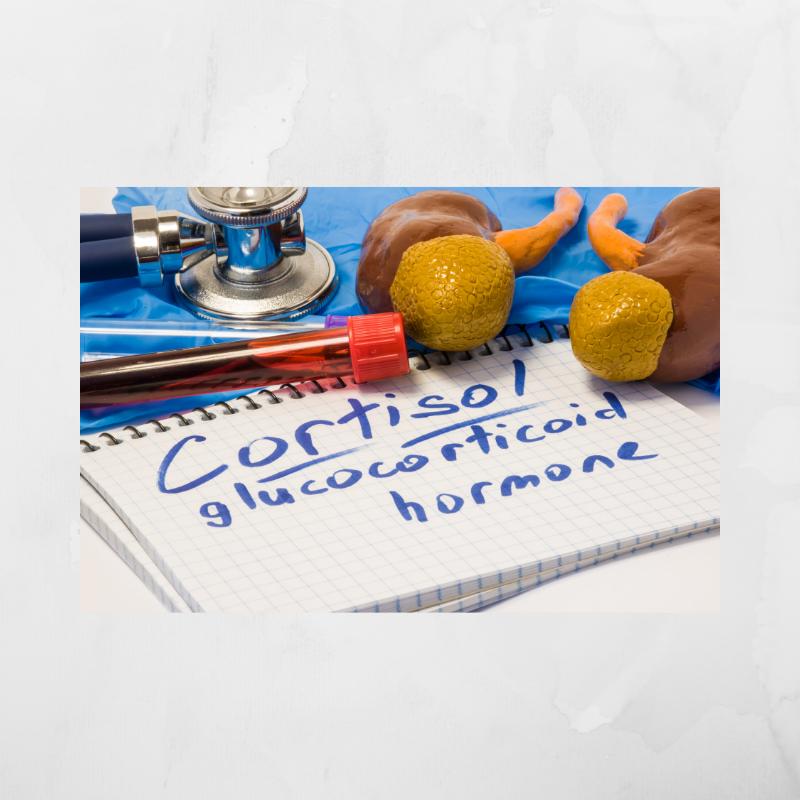Inflammation is a concept you may have heard but aren’t sure how it relates to you and if you need to be concerned. When it comes to inflammation, all inflammation is not bad.
We need inflammation to keep us safe and help us here, and much of this process is a result of the food we eat. Inflammation is a vital part of our survival.
Let’s say you are running and accidentally roll your ankle. Even if you’re not in pain, you’ll probably notice your ankle start to swell. This is the body’s reaction to an injury and serves as a healing mechanism to bring fresh blood and nutrients to the area to not only heal it, but protect it from further damage. This type of inflammation is good. But what happens if you continue to roll your ankle? The inflammation becomes chronic and never ceases, becoming changing from something that was intended to be temporary but has become the new normal.
When we look at inflammation in the whole body, imagine how hard the body is working to provide nutrients and protection to all areas of the body inflamed. What results is exhaustion and ultimately the inability to help all inflamed areas of the body. One of the biggest ways that our body is often under continuous stress and inflammation is from sensitivities to food. As this happens, disease is able to make it’s way into the body as the immune system is being exhausted through its attempts to heal your gut.
Excessive carbohydrates in the diet have been linked not only to obesity, diabetes, and metabolic syndrome outside of any gut sensitivities. Inflammation results from the consumption of carbohydrates with a high glycemic index (GI) into the body. These are typically those carbs low in fiber and high in sugars and starches (think potatoes, bread, pasta, etc). Next and equally important is the fat intake of our diet. It’s very easy to get certain fats, especially omega-6 fats, saturated fats, and trans fats.
The issue, however, is in the ratio of these fats with the healthy fats required for our bodies to function. We need to introduce more omega-3 fats into our diet regularly. This is where fish oil supplements come into action. You should be getting 2-4mg of the DHA and EPA (omega-3’s) present in fish oil supplements. Both of these strategies will help reduce inflammation by both reducing the food going into your body that causes inflammation, while also helping with anti-inflammatory fatty acids from the omega-3 fatty acids.







